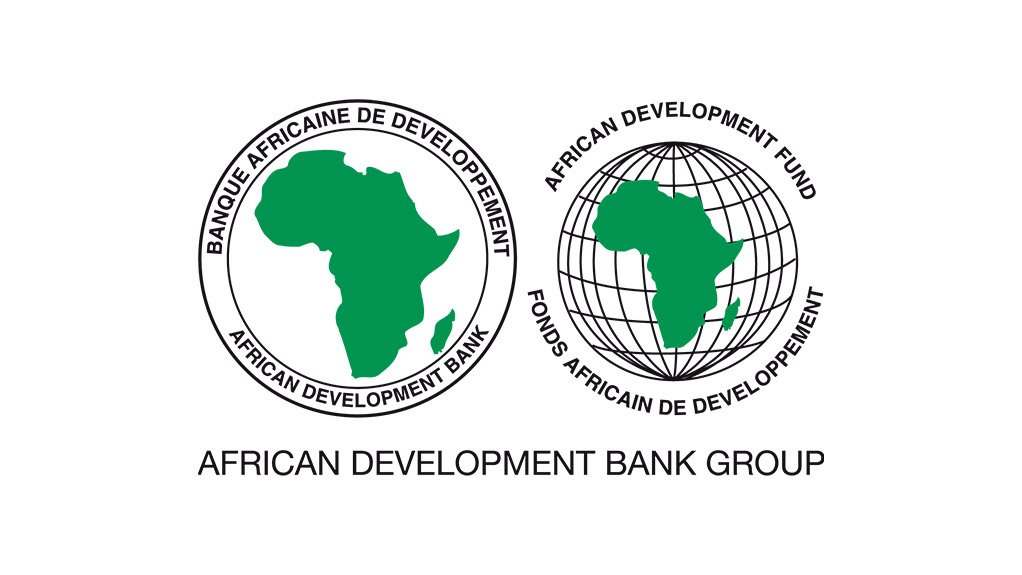- …Forecasts $236.7bn GDP loss for Africa’s economies
The African Development Bank (AfDB) has estimated that an additional 49.2 million Africans could be pushed into extreme poverty trap by the COVID-19 pandemic, out of whom 3.4 million would be Nigerians.
This is even as the development finance institution, in its African Economic Outlook 2020- Supplement released Tuesday, projected that cumulatively, GDP losses of Africa could range between $173.1bn and $236.7bn in 2020-2021.
The report stated: “Although the number of extreme poor in Africa was projected to reach 425.2 million in 2020 under the no-outbreak scenario, COVID 19 could increase it further, from 453.4 million in the baseline scenario to 462.7 million under the worst-case scenario, increases of 28 and 37.5 million. In 2021, the number would increase by 34-49.2 million under alternative scenarios’ as GDP growth continues to trail population growth rates” the report said.
According to the report, “Nigeria and Democratic Republic of Congo, two of Africa’s most populous countries, would record the largest increases – 8.5 and 2.7 million respectively in the baseline scenario in 2020, and 11.5 and 3.4 million in the worst-case scenario.”
The report indicated that the “West and Central Africa would have higher concentrations of people falling into poverty from the pandemic. Households living in the West and Central African regions would face a higher risk of falling into extreme poverty due to the pandemic than households in other regions.
On Gross Domestic Product, the report indicated that “Africa could suffer GDP losses in 2020 between $145.5 billion (baseline) and $189.7 billion (worst case)” as against the pre-COVID-19 estimates of African GDP’s growth of $2.59 trillion for 2020.
According to the AfDB, “some losses are carried over to 2021, as the projected recovery would be partial.”
“For 2021, the projected GDP losses the AfDB said could be from $27.6 billion (baseline) up to $47 billion (worst case) from the potential GDP of $2.76 trillion without the pandemic” it indicated.
According to the report, “the most affected economies are those with poor healthcare systems, those that rely heavily on tourism, international trade, and commodity exports, and those with high debt burdens and high dependence on volatile international financial flows.”
“The overall impact of the pandemic on socioeconomic outcomes remains uncertain, however. It will depend crucially on the unfolding epidemiology of the virus, the extent of its impacts on demand and supply, the effectiveness of public policy responses, and the persistence of behavioral changes” the report said.

 Join Daily Trust WhatsApp Community For Quick Access To News and Happenings Around You.
Join Daily Trust WhatsApp Community For Quick Access To News and Happenings Around You.


